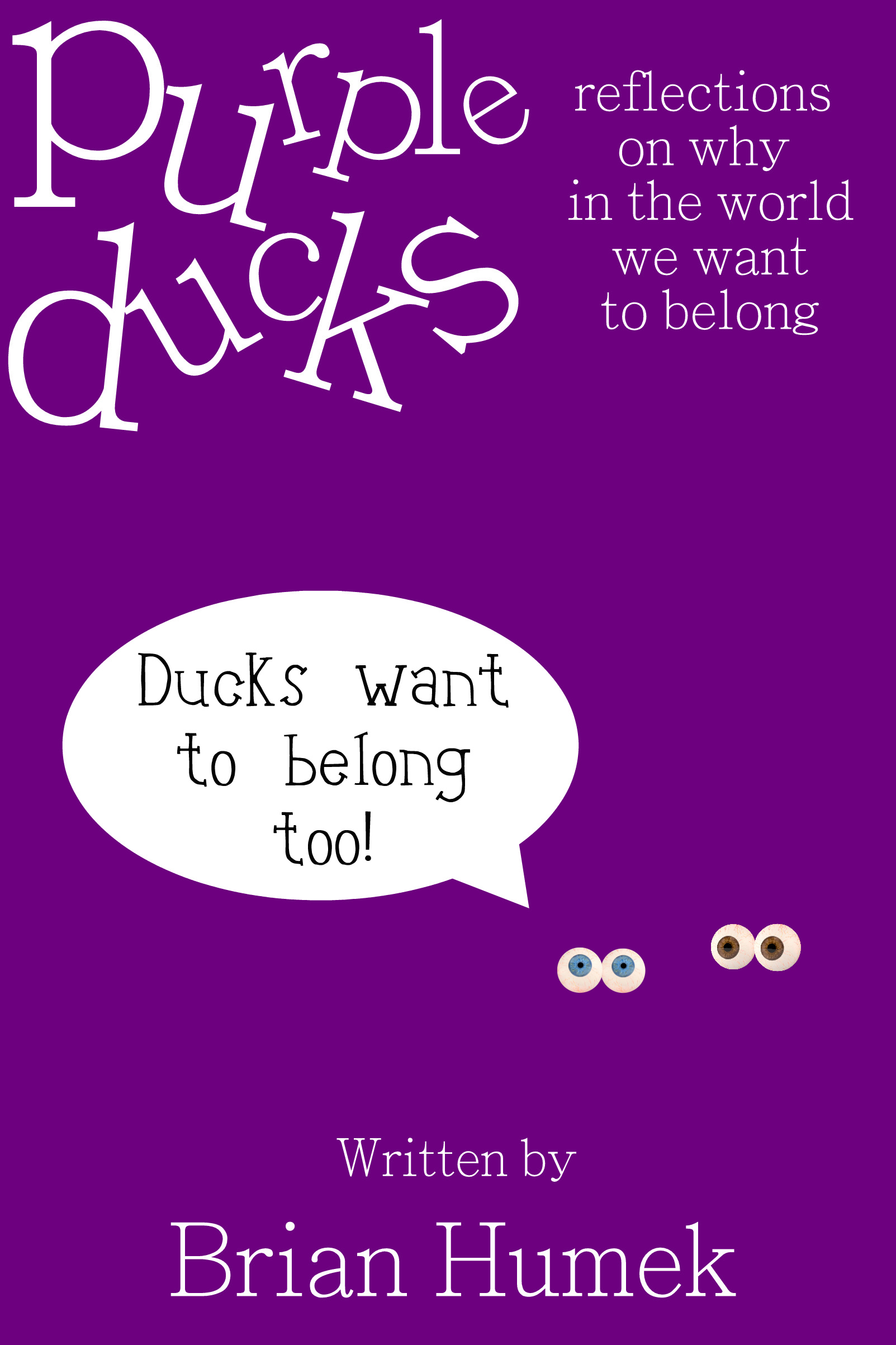(Sponsored by Zach’s House, a non-denominational faith community in Irving, Euless and Bedford, TX)
Matthew 1:1-17
The Genealogy of Jesus
1A record of the genealogy of Jesus Christ the son of David, the son of Abraham:
2Abraham was the father of Isaac,
Isaac the father of Jacob,
Jacob the father of Judah and his brothers,
3Judah the father of Perez and Zerah, whose mother was Tamar,
Perez the father of Hezron,
Hezron the father of Ram,
4Ram the father of Amminadab,
Amminadab the father of Nahshon,
Nahshon the father of Salmon,
5Salmon the father of Boaz, whose mother was Rahab,
Boaz the father of Obed, whose mother was Ruth,
Obed the father of Jesse,
6and Jesse the father of King David.
David was the father of Solomon, whose mother had been Uriah’s wife,
7Solomon the father of Rehoboam,
Rehoboam the father of Abijah,
Abijah the father of Asa,
8Asa the father of Jehoshaphat,
Jehoshaphat the father of Jehoram,
Jehoram the father of Uzziah,
9Uzziah the father of Jotham,
Jotham the father of Ahaz,
Ahaz the father of Hezekiah,
10Hezekiah the father of Manasseh,
Manasseh the father of Amon,
Amon the father of Josiah,
11and Josiah the father of Jeconiah and his brothers at the time of the exile to Babylon.
12After the exile to Babylon:
Jeconiah was the father of Shealtiel,
Shealtiel the father of Zerubbabel,
13Zerubbabel the father of Abiud,
Abiud the father of Eliakim,
Eliakim the father of Azor,
14Azor the father of Zadok,
Zadok the father of Akim,
Akim the father of Eliud,
15Eliud the father of Eleazar,
Eleazar the father of Matthan,
Matthan the father of Jacob,
16and Jacob the father of Joseph, the husband of Mary, of whom was born Jesus, who is called Christ.
17Thus there were fourteen generations in all from Abraham to David, fourteen from David to the exile to Babylon, and fourteen from the exile to the Christ.
Questions for Discussion
We’ll begin with two easy questions for everyone: Have you ever researched your family history? Are there any stories in your family that have been kept secret?
1. Do you recognize any names from this list? If so, how many?
2. Does this list say anything about God?
3. Does this list say anything about Jesus’ family?
You can comment below but you can also send me an email at zachshouse at gmail dot com and give me your answers or questions there.
Thanks,
Brian
Click here to see the Zach’s House faith community upcoming gatherings and events











